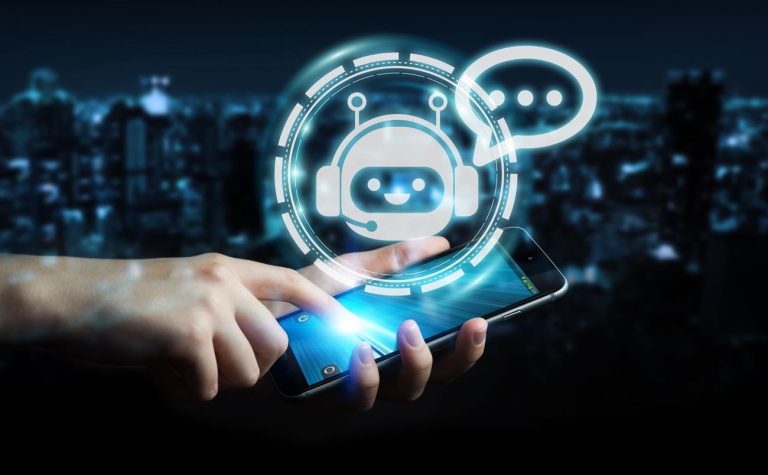In the age of digital transformation, businesses are constantly seeking innovative ways to enhance customer experiences while optimizing operational efficiency. One groundbreaking technology that has emerged as a game-changer in this regard is AI-powered chatbots. These intelligent virtual assistants are revolutionizing the customer support landscape by offering personalized, efficient, and round-the-clock assistance to consumers. In this article, we will explore the growing prominence of AI-powered chatbots and their transformative impact on customer support.
Harnessing the Power of AI in Customer Support
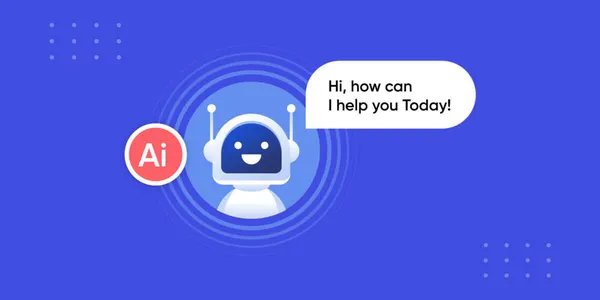
Artificial Intelligence (AI) has taken customer support to new heights, empowering businesses to deliver exceptional service at scale. AI-powered chatbots are at the forefront of this transformation, seamlessly integrating into websites, mobile apps, and messaging platforms. These chatbots leverage Natural Language Processing (NLP) and Machine Learning (ML) algorithms to understand and respond to customer queries and concerns. Here’s how they are revolutionizing the customer support landscape:
- 24/7 Availability: AI-powered chatbots are available round-the-clock, ensuring that customers can get assistance at any time. This eliminates the limitations of traditional business hours and time zone differences.
- Instant Responses: These chatbots can provide instant responses to customer queries, reducing wait times and enhancing user satisfaction. They excel in handling frequently asked questions and routine tasks.
- Scalability: Businesses can scale their customer support operations effortlessly by deploying chatbots. They can handle multiple customer interactions simultaneously, making them a cost-effective solution for growing enterprises.
Personalization and Customer Engagement
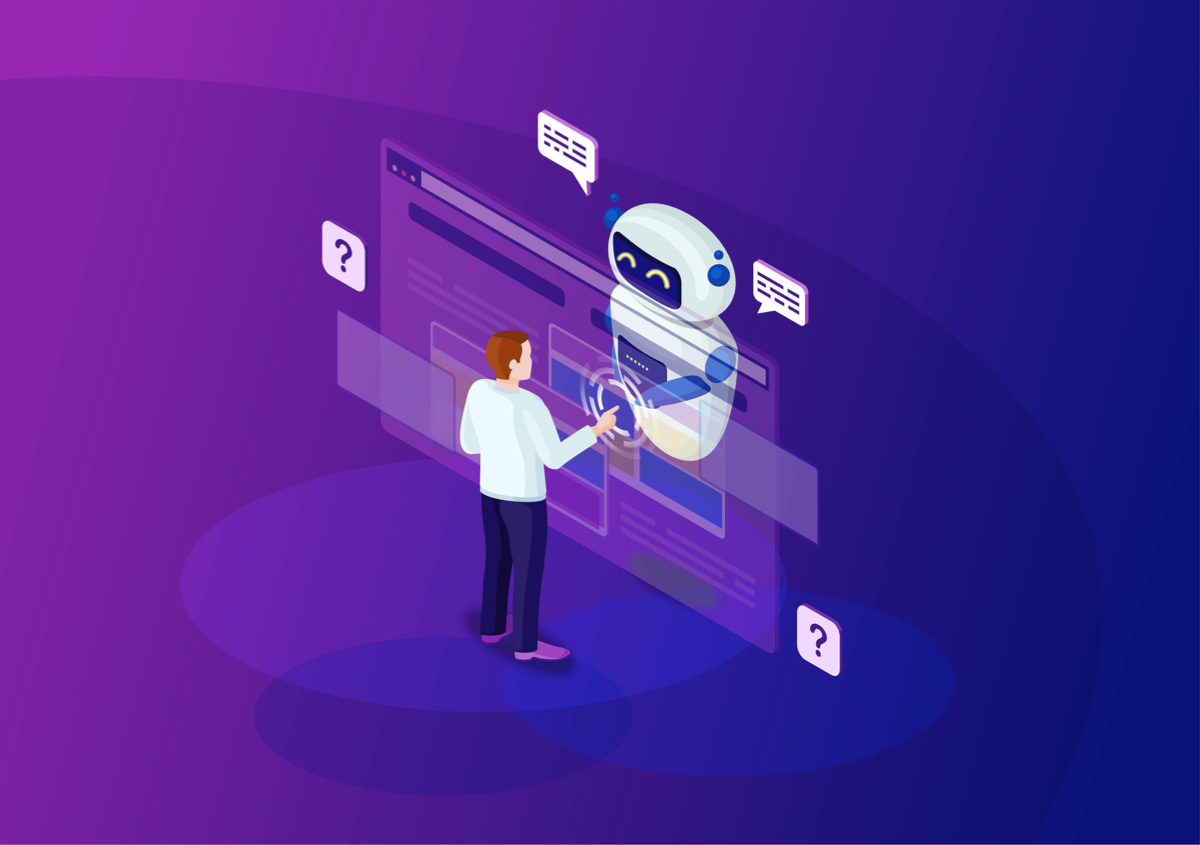
AI-powered chatbots have evolved beyond robotic interactions, offering a high degree of personalization. They can analyze customer data to tailor responses and recommendations. This level of personalization enhances customer engagement and fosters brand loyalty. Here are some examples:
- Product Recommendations: Chatbots can analyze a customer’s purchase history and browsing behavior to suggest products or services that align with their preferences.
- Personalized Greetings: Chatbots can address customers by their names and inquire about their previous interactions, making the conversation more engaging and personalized.
- Behavior Analysis: These chatbots can detect user sentiment based on language and tone, allowing them to adjust their responses accordingly. For instance, if a customer is frustrated, the chatbot can empathize and offer solutions.
Handling Complex Queries and Problem Resolution
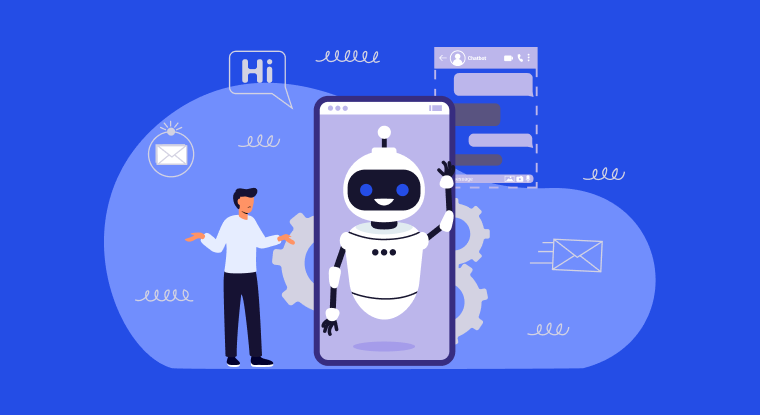
AI-powered chatbots are not limited to basic queries; they can handle complex inquiries and contribute to problem resolution. Their ability to access vast databases of information and learn from previous interactions enables them to provide valuable assistance in various scenarios:
- Technical Support: Chatbots can guide customers through troubleshooting processes, helping them resolve technical issues with products or services.
- Complaint Resolution: When customers have complaints or issues, chatbots can initiate the resolution process by collecting relevant information and escalating the matter to a human agent if necessary.
- Knowledge Sharing: Businesses can use chatbots to disseminate information, such as product manuals or policy details, making it easily accessible to customers.
Multilingual and Cross-Platform Capabilities
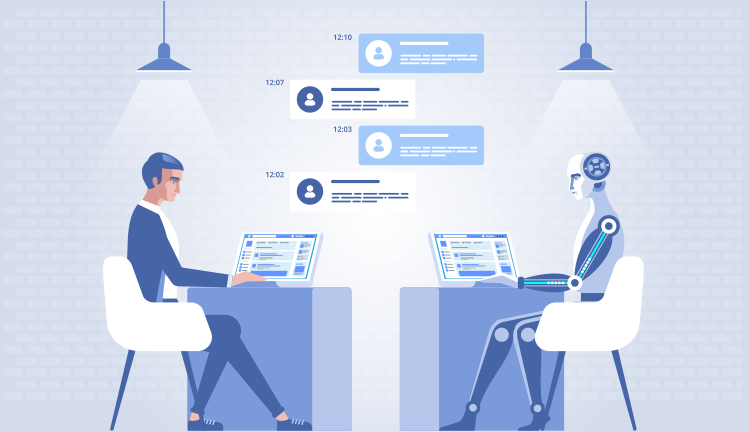
AI-powered chatbots transcend language barriers and platform restrictions. They can converse in multiple languages, making them valuable assets for global businesses. Furthermore, they seamlessly integrate with various messaging platforms, ensuring a consistent user experience across different channels:
- Language Support: Chatbots equipped with language recognition capabilities can communicate in multiple languages, accommodating a diverse customer base.
- Cross-Platform Integration: Whether customers prefer communicating via a website chat, social media messenger, or mobile app, AI-powered chatbots can be integrated into these platforms for a seamless experience.
- Data Syncing: Chatbots maintain a unified record of customer interactions across platforms, ensuring that customers receive consistent support regardless of the channel they choose.
Continuous Learning and Improvement
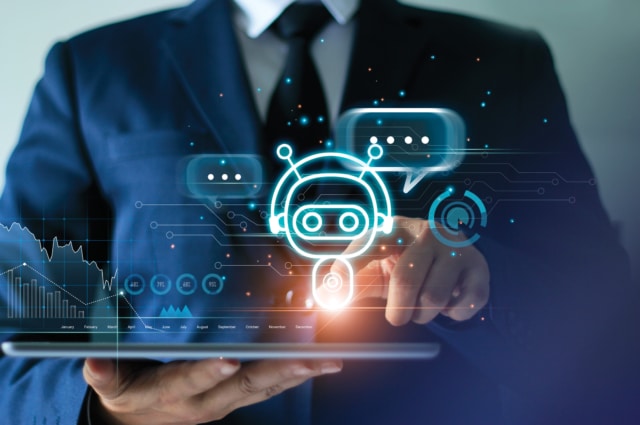
One of the most remarkable features of AI-powered chatbots is their ability to learn and improve over time. Through ML algorithms, they can analyze past conversations, gather insights, and refine their responses. This iterative learning process ensures that chatbots become increasingly effective in meeting customer needs:
- Adaptive Responses: Chatbots can adapt to changes in customer behavior and preferences, ensuring that their responses remain relevant.
- Data Analytics: The data generated by chatbot interactions can be used to identify common pain points in customer support, allowing businesses to make informed improvements.
- Cost Savings: As chatbots become more proficient, businesses can reduce their reliance on human agents for routine tasks, leading to cost savings.
Conclusion
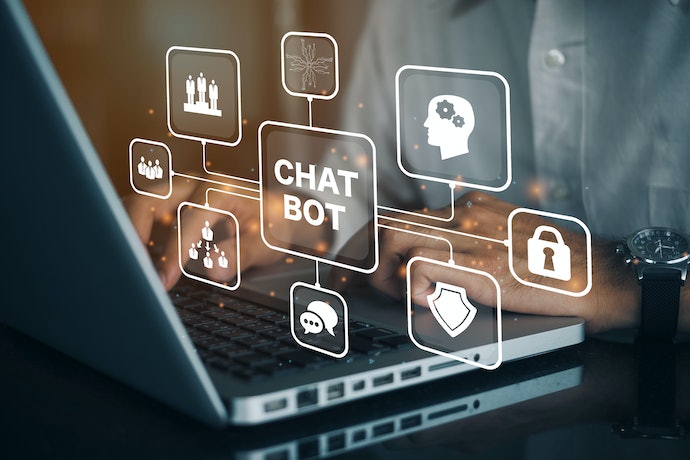
The rise of AI-powered chatbots is revolutionizing customer support by providing businesses with versatile tools to enhance customer experiences and streamline operations. With their 24/7 availability, personalization capabilities, problem-solving prowess, multilingual support, and continuous learning, these chatbots are becoming indispensable assets for modern enterprises. As AI technology continues to advance, we can expect chatbots to play an even more significant role in shaping the future of customer support, ultimately benefiting both businesses and consumers alike.

